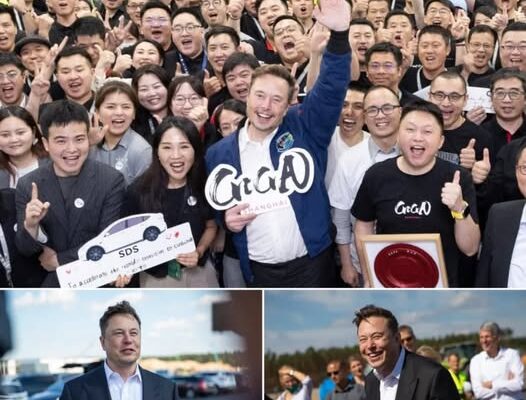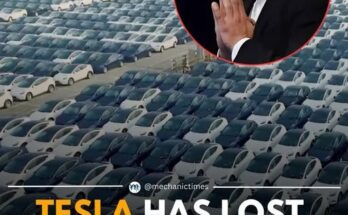In a world where a college degree has long been considered a vital qualification for many jobs, Elon Musk has made headlines by boldly declaring that he does not need a degree when it comes to recruiting employees. Known for his groundbreaking work at companies like Tesla and SpaceX, Musk has always been a visionary leader who challenges traditional norms, and this latest revelation only adds to his reputation as a disruptor of the status quo.
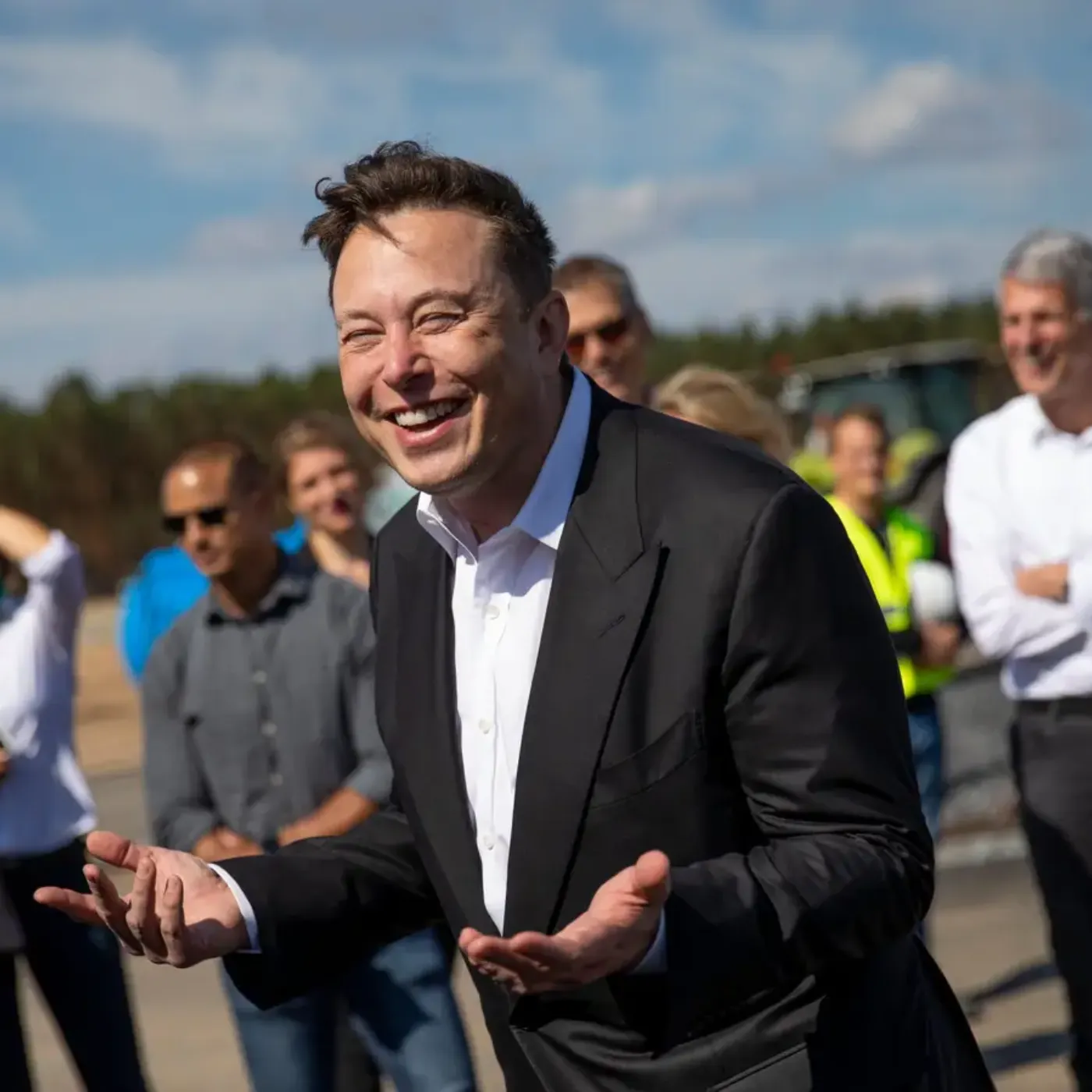
In this article, we will explore why Elon Musk believes that a degree is not essential for success in his companies, what this means for the future of hiring practices, and how Musk’s approach could potentially reshape the talent recruitment landscape across industries.
Elon Musk’s Bold Statement: A Degree Is Not Necessary
In a recent interview, Elon Musk made it clear that he values practical skills and real-world experience over academic credentials when considering potential hires for his companies. This remark is not the first time Musk has expressed skepticism about the importance of formal education in the hiring process. Musk has previously stated that while degrees can be useful in certain cases, they are not a requirement for Tesla or SpaceX.
According to Musk, he is more interested in hiring individuals who possess exceptional problem-solving skills, innovative thinking, and hands-on experience rather than simply checking the box of a university degree. He has repeatedly emphasized that a degree does not necessarily correlate with the kind of talent needed to work in fields that demand creativity, engineering expertise, and cutting-edge technological knowledge.
Why Does Elon Musk Believe a Degree Isn’t Essential?
Musk’s views on the subject are based on his belief that a degree does not necessarily indicate someone’s capability to perform in a high-stakes, innovative environment. Instead, Musk favors candidates who can demonstrate that they are capable of learning quickly, adapting to new challenges, and applying practical knowledge in real-world situations.
In a world where technology and engineering fields are evolving at breakneck speeds, Musk’s stance makes sense. The rapid pace of change means that new tools, methods, and techniques often surpass traditional education systems. Many of the skills required for success in today’s job market can be self-taught through online courses, hands-on experience, or self-driven projects, rather than by completing a four-year degree program.
Furthermore, Musk’s perspective is informed by his own career path. Elon Musk himself did not finish his PhD at Stanford University, choosing instead to pursue entrepreneurial ventures in the tech world. He is a prime example of someone who achieved great success without following the traditional path that many others are encouraged to take.
A Shift in the Hiring Landscape
Musk’s comment about not needing a degree is indicative of a larger shift occurring in the hiring world. For years, job seekers were told that a college degree was the ticket to success. However, as industries continue to evolve and emerging technologies disrupt traditional fields, employers like Elon Musk are starting to place a greater emphasis on skills rather than credentials.
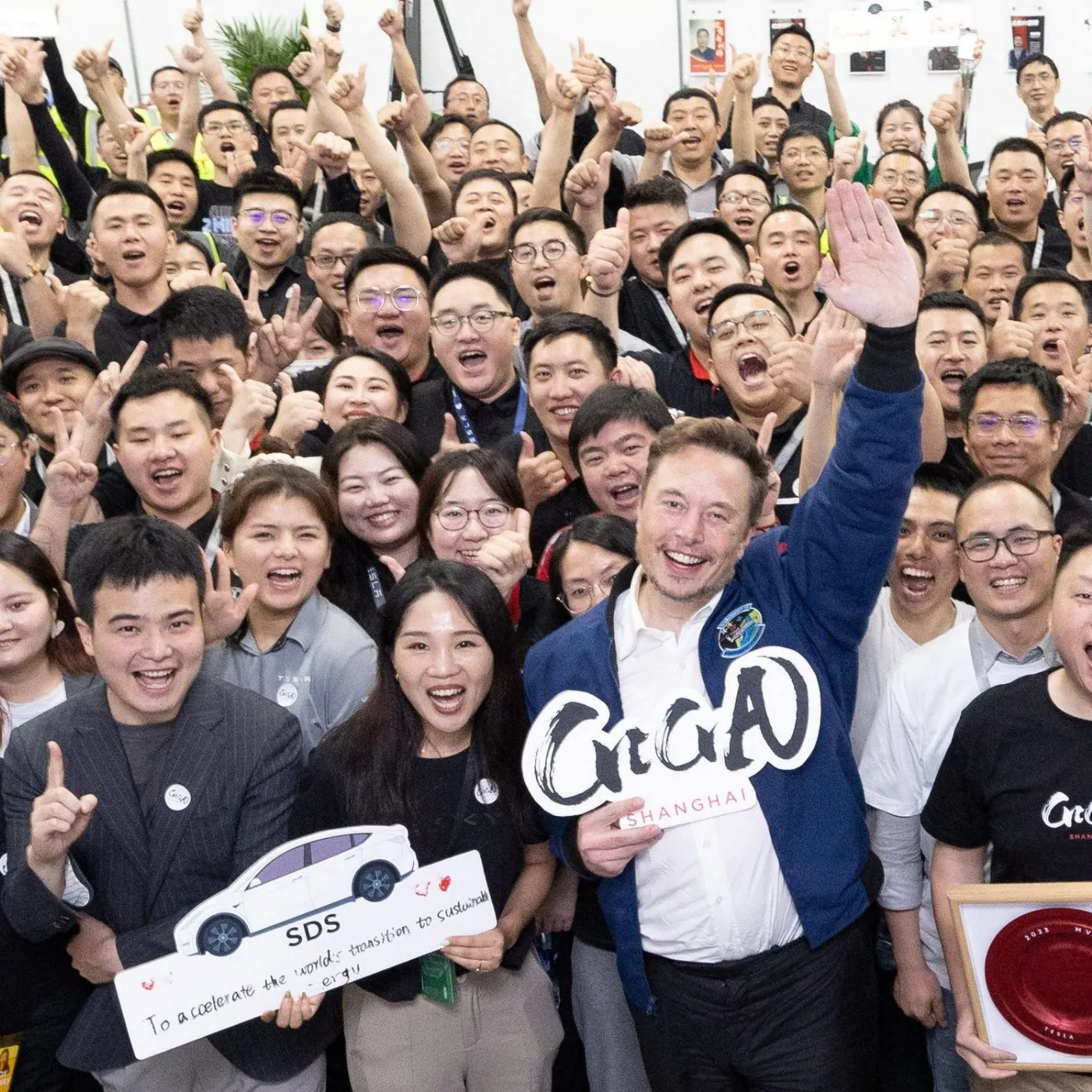
This shift has also been seen at other leading tech companies, such as Apple, Google, and IBM, where skills-based hiring is becoming more common. Companies are now prioritizing real-world experience, coding abilities, and problem-solving skills over academic qualifications. This trend reflects a growing recognition that talent can come from non-traditional paths and that degrees are not always the best indicator of someone’s potential to contribute in a high-performing workplace.
The Changing Role of Formal Education
While Elon Musk has made it clear that a degree is not a requirement at Tesla and SpaceX, that doesn’t mean education is unimportant. For many industries, formal education still plays a crucial role in providing foundational knowledge. However, Musk’s comments suggest that a degree should not be seen as the only measure of a candidate’s abilities.
With the rise of alternative learning platforms, such as coding boot camps, MOOCs (Massive Open Online Courses), and technical certifications, people are no longer confined to the traditional route of higher education. These alternatives allow individuals to acquire the skills they need to succeed in specialized fields without the need for a four-year degree.
For Musk and many other forward-thinking employers, the key to success lies in aptitude, creativity, and the ability to innovate—qualities that can be developed through unconventional means.
The Future of Hiring and Talent Acquisition
Elon Musk’s approach to hiring is likely to become more widespread in the future. As industries continue to innovate and evolve, employers are beginning to recognize that the ability to adapt, think critically, and learn quickly is far more important than the letters next to someone’s name.
As artificial intelligence, automation, and digital transformation continue to reshape industries, employers will place increasing value on practical skills and innovation over academic credentials. This could ultimately lead to a future where hiring processes are based on skills assessments, portfolios, and real-world experience rather than the traditional focus on degrees and qualifications.
Elon Musk’s Hiring Philosophy May Shape the Future
Elon Musk‘s statement that he does not need a degree when recruiting employees is more than just a personal belief—it’s a sign of a larger shift in how companies view talent. As the world of work continues to change rapidly, Musk’s approach to hiring could be a model for other companies to follow, especially in industries where innovation and creativity are paramount.
By focusing on skills, experience, and the ability to think critically, Musk is leading the charge for a future where degrees are no longer the most important qualification in the workforce. This approach could open doors for a new wave of talent and provide more inclusive opportunities for individuals who may not have had the chance to attend traditional educational institutions.
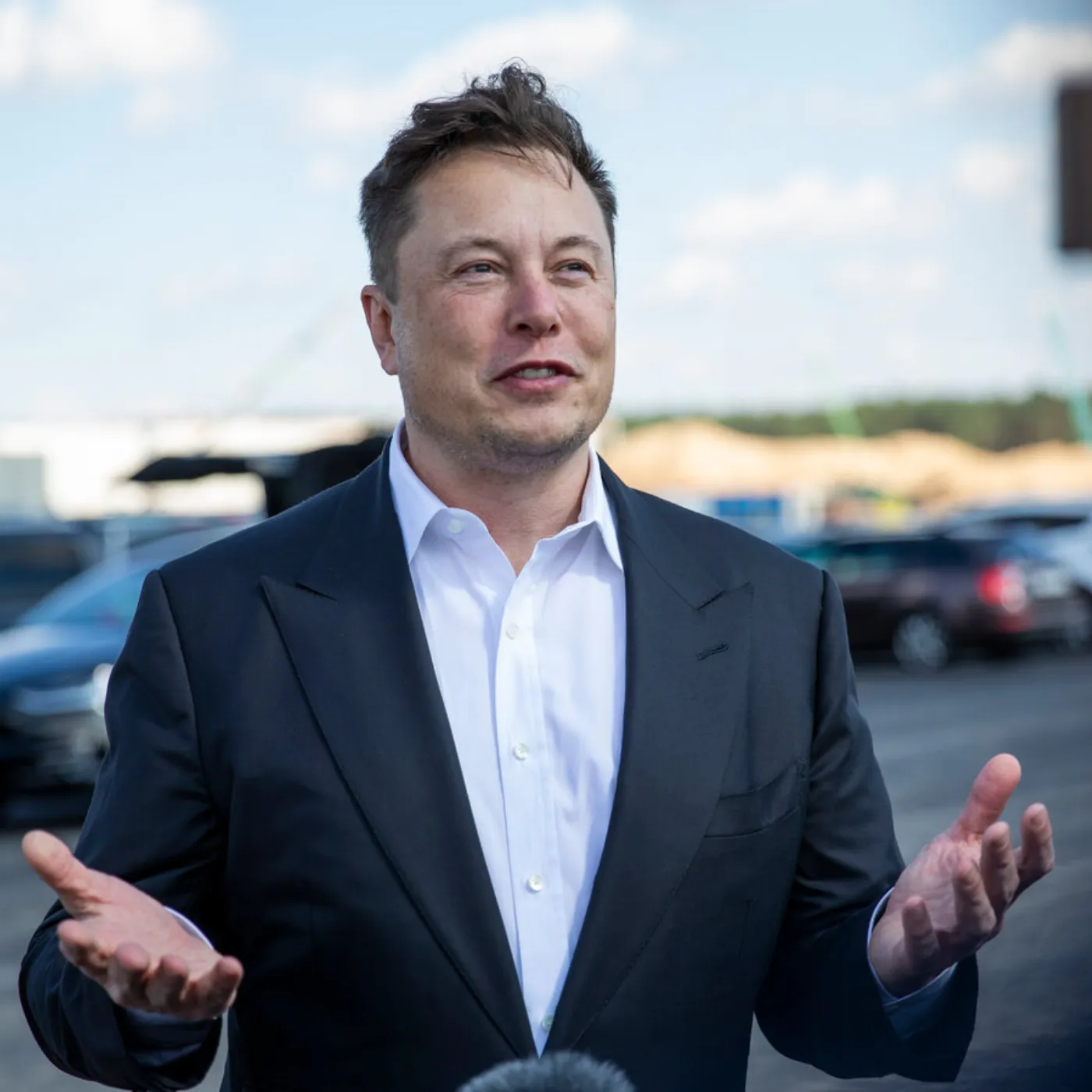
Ultimately, Elon Musk’s perspective serves as a powerful reminder that success in business and technology is not always about what you’ve learned in a classroom but about how you apply your knowledge in the real world.
